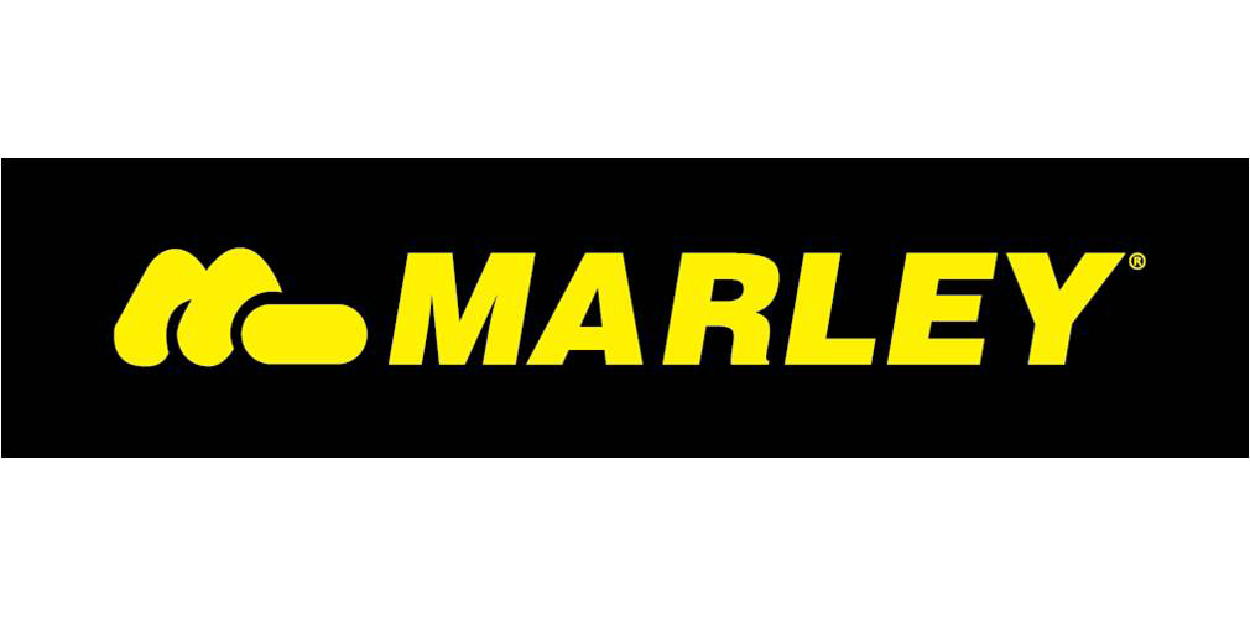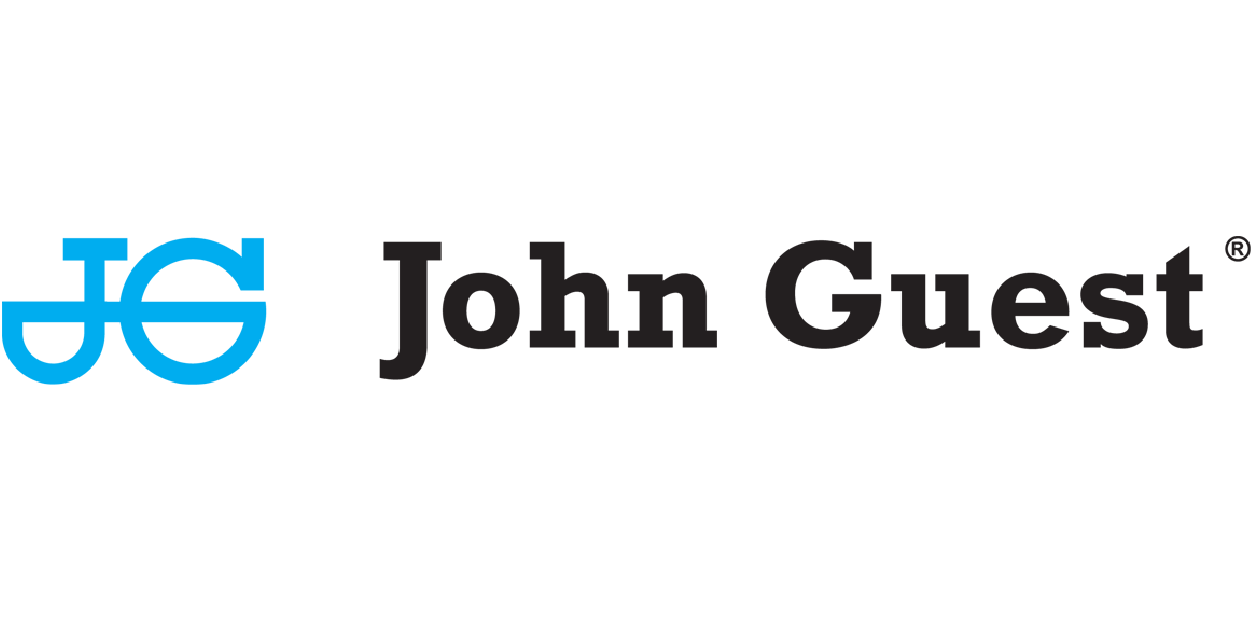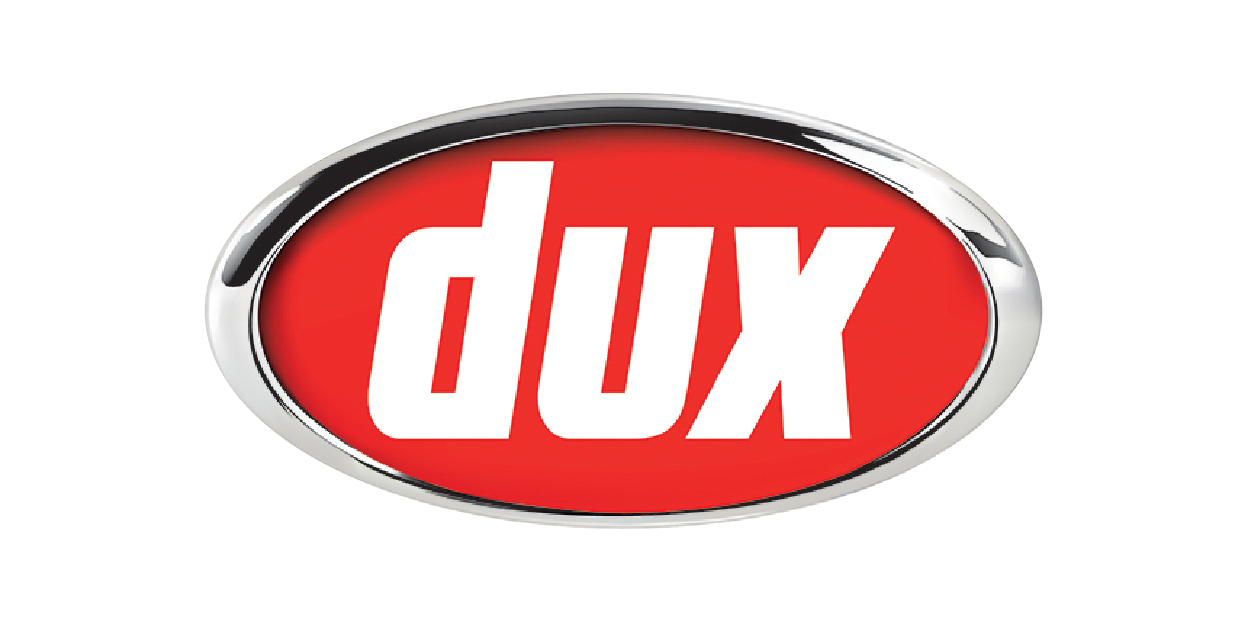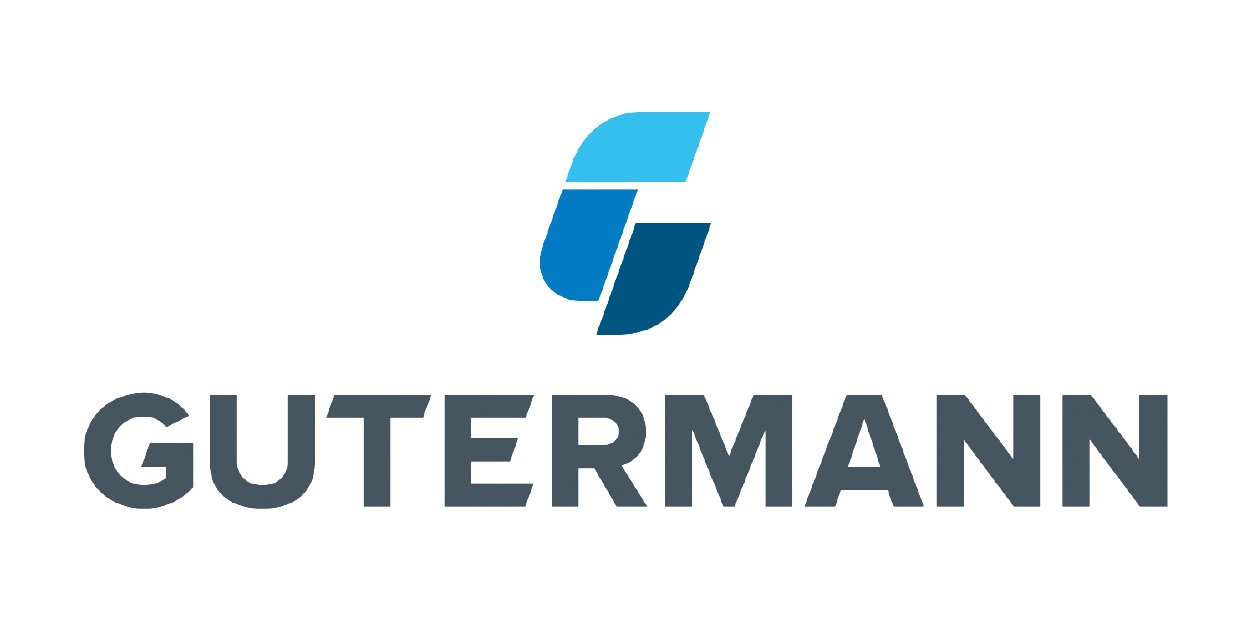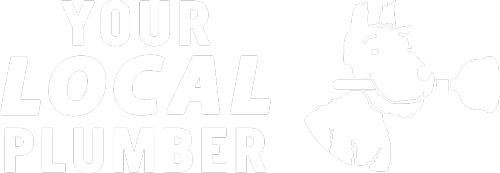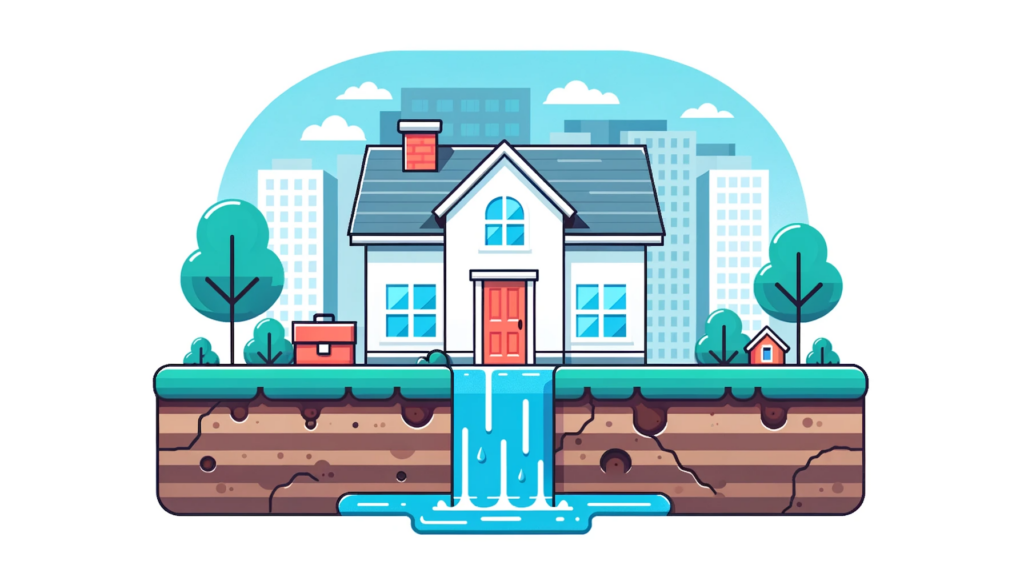
Call Today 09 973 4973 or
Regular Maintenance and Inspections
One of the most effective ways to prevent gas leaks is through regular maintenance and inspections of gas systems and appliances. This includes:
- Annual Servicing: Having all gas appliances and infrastructure serviced annually by a licensed gasfitter. This service should include checking for wear and tear, ensuring that connections are tight and secure, and testing appliances for proper operation.
- Leak Detection Checks: Incorporating leak detection checks into regular maintenance routines. Gasfitters can use specialised equipment to detect even minor leaks that might not be otherwise noticeable.
- Immediate Repairs: Addressing any issues identified during inspections or servicing immediately. Delaying repairs can lead to larger problems and increase the risk of a gas leak.
Proper Installation and Use of Appliances
Ensuring that gas appliances are correctly installed and used according to the manufacturer’s instructions is crucial for preventing leaks:
- Professional Installation: Always use a licensed gasfitter for the installation of new gas appliances and systems. Incorrect installation can lead to leaks and pose significant safety risks.
- Following Manufacturer Instructions: Use all gas appliances strictly according to the manufacturer’s guidelines. Misuse of appliances can not only lead to inefficiency but also increase the risk of leaks and accidents.
- Ventilation: Proper ventilation is essential for the safe operation of gas appliances. Ensure that rooms containing gas appliances have adequate airflow to prevent the buildup of gas in the event of a leak.
Adoption of Safety Technologies
Modern safety technologies can play a significant role in preventing gas leaks and enhancing overall safety:
- Gas Detectors: Installing gas detectors in key areas can provide an early warning in the event of a leak, allowing for quick action to mitigate risks. Detectors should be tested regularly to ensure they are functioning correctly.
- Automatic Shut-off Valves: Consider installing automatic shut-off valves that can cut off the gas supply if a leak is detected. These valves can significantly reduce the risk of gas accumulation and potential accidents.
Education and Awareness
Educating all occupants and employees about gas safety is essential for preventing leaks and ensuring a safe response in the event of an incident:
- Safety Training: Provide regular training on gas safety, including how to recognise the smell of gas, what to do in the event of a leak, and how to safely operate gas appliances.
- Emergency Procedures: Ensure that everyone knows the emergency procedures in case of a gas leak, including how to shut off the gas supply and evacuate the area safely.
Preventing gas leaks requires a comprehensive approach that includes regular maintenance, proper use of appliances, adoption of safety technologies, and ongoing education. By taking these steps, property owners and managers in New Zealand can significantly reduce the risk of gas leaks and protect the safety of their occupants and properties.
Proactive Planning for Gas Safety
- Gas Safety Audits: Conducting regular gas safety audits can help identify potential risks and areas for improvement in your gas system’s management. These audits should review current practices, maintenance records, and safety protocols to ensure they meet or exceed regulatory standards.
- Upgrade Plans: Technology and safety standards evolve, so it’s beneficial to have a plan for upgrading older gas appliances and systems. Upgrades can enhance safety features, improve efficiency, and reduce the risk of leaks.
Integration of Best Practices
- Safety Culture: Cultivating a safety culture where every occupant or employee feels responsible for gas safety can significantly enhance overall safety. Encourage reporting of potential gas smells or leaks immediately, without fear of overreaction. A prompt response can prevent serious incidents.
- Clear Communication: Ensure that all safety information, including how to act in the event of a gas leak and emergency contact numbers, is clearly communicated and accessible. Consider using multilingual materials if necessary to accommodate all occupants or employees.
Suppliers
